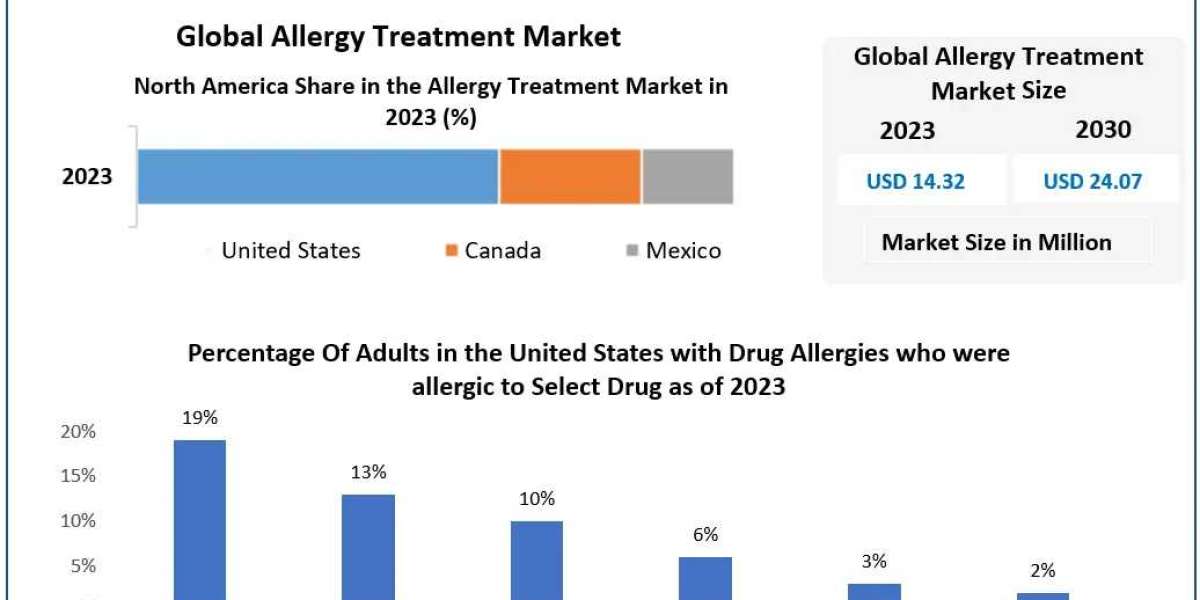In the fast-paced world of pharmaceutical sales, staying ahead of the curve is essential. As the industry evolves, so too must the approaches to training sales representatives. While theoretical knowledge lays the groundwork, it's the practical application that truly equips representatives to excel in the field. From understanding complex medical concepts to mastering effective communication skills, the journey from theory to practice is critical in pharmaceutical sales training.
Theory serves as the foundation of pharmaceutical sales training, providing essential knowledge about products, diseases, treatments, and the intricacies of the healthcare system. Sales representatives must grasp the scientific principles behind the medications they promote, understanding their mechanism of action, indications, contraindications, and potential side effects. This theoretical understanding forms the basis of their credibility when engaging with healthcare professionals.
However, theory alone is insufficient. The true test of a pharmaceutical sales representative's effectiveness lies in their ability to translate that knowledge into meaningful interactions with healthcare professionals. Practical training bridges the gap between theory and real-world application, equipping representatives with the skills they need to succeed in a competitive marketplace.
One practical approach to pharmaceutical sales training is through role-playing exercises. These simulations allow representatives to practice various scenarios they might encounter in the field, such as detailing a new product to a skeptical physician or addressing objections from a busy healthcare provider. By stepping into different roles and receiving feedback from trainers or peers, representatives can refine their communication techniques and adapt their approach to different personalities and situations.
Another vital aspect of practical training is learning how to navigate the complex landscape of regulatory compliance. Pharmaceutical sales representatives must adhere to strict guidelines set forth by regulatory bodies such as the Food and Drug Administration (FDA) and the Pharmaceutical Research and Manufacturers of America (PhRMA). Practical training in compliance ensures that representatives understand the legal and ethical boundaries of their role, helping to mitigate risks and maintain the integrity of their interactions with healthcare professionals.
Beyond product knowledge and compliance, effective pharmaceutical sales training also focuses on developing essential soft skills. These include active listening, empathy, and relationship-building techniques. In an industry where trust and credibility are paramount, the ability to forge meaningful connections with healthcare professionals can make all the difference. Practical training in these areas empowers representatives to cultivate rapport, address concerns, and ultimately drive prescribing behavior through collaborative partnerships.
Technology plays an increasingly significant role in modern pharmaceutical sales training, offering innovative solutions to enhance practical learning experiences. Virtual reality (VR) simulations, for example, allow representatives to immerse themselves in realistic scenarios without the need for physical role-playing partners. Through VR, representatives can practice detailing products in a virtual clinic or hospital setting, honing their skills in a safe and controlled environment.
Furthermore, e-learning platforms offer flexible and scalable solutions for ongoing training and development. These platforms can deliver interactive modules covering a range of topics, from product knowledge refreshers to communication skills workshops. By incorporating gamification elements such as quizzes and leaderboards, e-learning keeps representatives engaged and motivated to continuously improve their performance.
However, while technology can enhance practical training, it should never replace human interaction entirely. Face-to-face coaching and mentorship remain invaluable components of pharmaceutical sales training, providing personalized guidance and support to representatives as they navigate the complexities of their role. Experienced mentors can offer insights gleaned from years of field experience, helping new representatives refine their approach and overcome challenges.
In conclusion, the journey from theory to practice is essential in pharmaceutical sales training. While theoretical knowledge forms the foundation, practical application is what truly prepares representatives to excel in the field. By combining role-playing exercises, compliance training, soft skills development, and innovative technologies, pharmaceutical companies can equip their sales teams with the tools they need to succeed in an ever-evolving industry.



